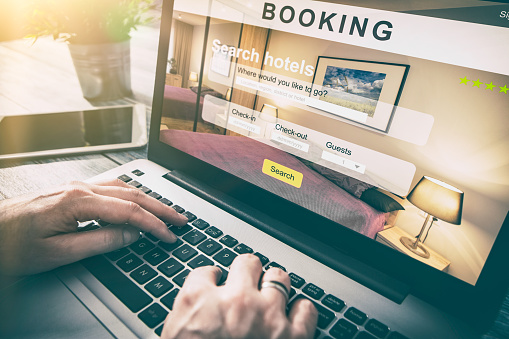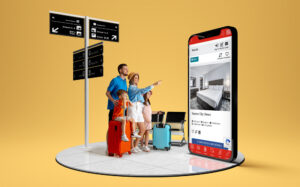We’ve seen it all before.
Difficult to use. Incompatibility. Missing essential features. Hoteliers continue to use booking engines that miss the mark and get in the way of success. If your booking engine falls under one of these categories, you are missing out on direct revenue. We gathered some of the most common reasons why you should switch your hotel booking engine software right now.
Let’s jump in.
1. Your Booking Engine and PMS don’t Integrate with All Paid Platforms
To earn back the bookings you may have missed at the start of COVID, you need to be visible across all paid platforms. This includes Google Hotel Ads (GHA) and Tripadvisor. If your booking engine or PMS doesn’t integrate with either of these platforms, that’s valuable real estate you’re missing out on.
Not only that, but you’re paying more in commission rates to the likes of Tripadvisor and losing valuable customer information to OTAs that could be used for remarketing in the future.
Some of our clients have seen a 1000+% returns on both GHA and Tripadvisor. These are channels that need your attention, but if your booking engine isn’t compatible, you are losing out on valuable direct bookings.
Ad dollars are invaluable to gain back bookings: when someone is looking for you, make sure they book on your website. That’s why it’s crucial to have a booking engine that can integrate with these paid platforms.
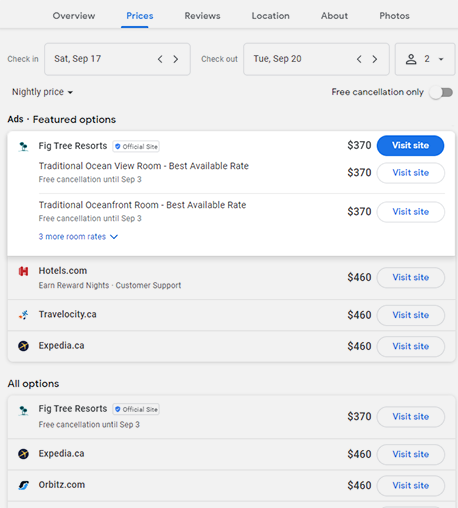
2. Your Booking Engine isn’t Mobile Friendly
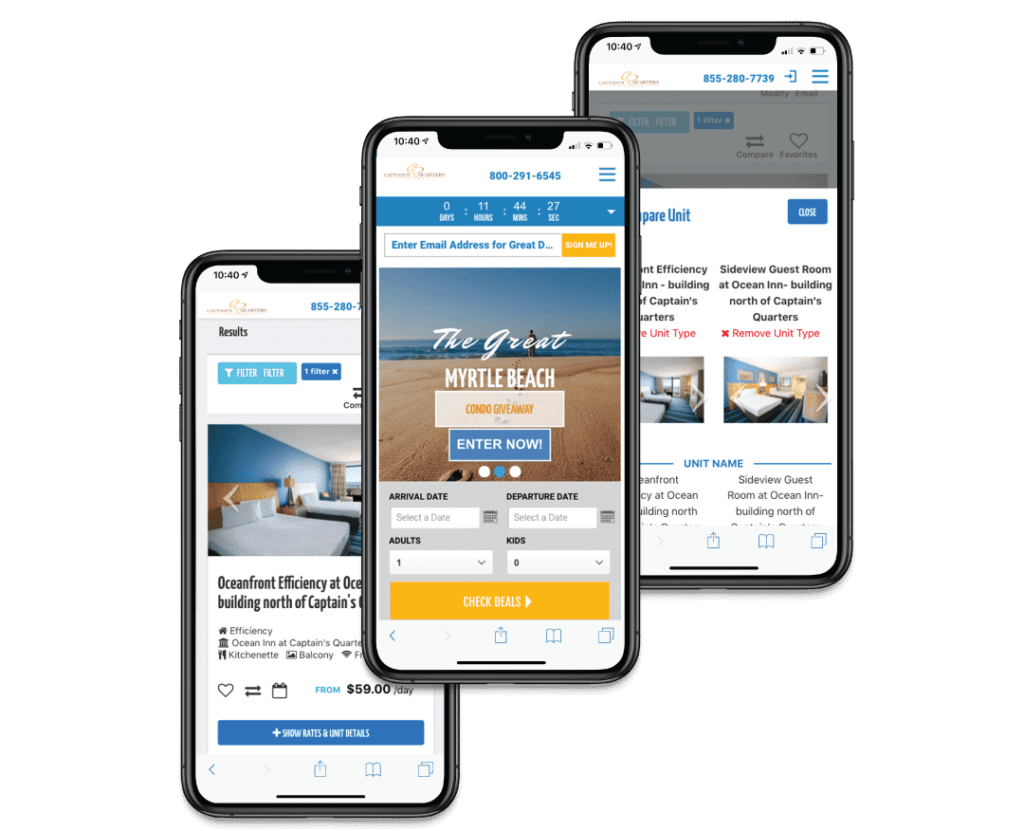
Eighty-seven percent of guests visit a hotel’s website before booking. And a large chunk of that traffic is coming from a mobile device, as many of our clients continue to see increasing traffic numbers via mobile device. We’ve even seen mobile continue to outperform desktop in the last few years. Many of our client’s mobile bookings surpassing their monthly desktop bookings.
If your mobile experience is lacking, everyone planning their next vacation will plan with someone else.
When people find it too difficult or confusing to enter payment information on their mobile devices, they are likely to leave and book with an OTA. Why? Because OTAs have perfected the mobile booking game. But that doesn’t mean you can’t either.
Now’s the time to look at your booking engine from the guest’s perspective. Are there opportunities for improvement? What’s working and what isn’t? If most of your traffic is via mobile, it’s especially crucial to review your booking engine from a mobile perspective.
3. Your Booking Engine doesn't Reduce the Workload of the Front Desk
Whether your hotel has experienced a staff shortage or an influx of phone calls from concerned guests, your booking engine should work in tandem with your front desk to lift some of the weight off the shoulders of your staff.
Clearly displaying any new booking and cancellation policies on your booking engine is crucial to remove doubt. A booking engine that updates in real time eliminates what would otherwise be another phone call to the front desk.
Our consumer sentiment study continues to find that people are more willing to book these days if they have the opportunity to cancel or change their travel dates without penalty. One option adopted by many of our clients is to welcome that sentiment. Put updated cancellation policies and callouts throughout the booking process to reassure guests.

Presenting information about area safety regulations and mask ordinances and increased hotel cleaning precautions will only put your hotel in a better position than the hotels that don’t present this information.
If there are other questions guests may have, those should be answered with comprehensive FAQ lists across your website. You can find additional questions people are asking about your property from your:
- Front desk staff
- Google My Business listing
- Google Search Console
- Google Ads and Microsoft Ads search terms reports
In addition to answering questions, your booking engine should also upsell through add-ons. Doing so effectively will not only generate extra revenue, but it will also remove an extra task off your staff’s checklist.
4. Your Hotel’s Booking Engine is too Complicated
A booking engine that has too many steps or is too confusing will only drive away prospective guests. If you don’t make it easy for travelers to book on your website, they’ll leave and book with someone that makes it easy.
Asking for too much information, too many clicks, or opening in a new tab are a few of the common problems we see with larger booking engine providers that make booking a hotel room a chore.
Booking forms should be short and sweet, only asking for information that is absolutely necessary to confirm a booking.
You want guests to make a decision and book easily without any pitfalls that would otherwise make them second guess their decision to book at your hotel.
"If you don’t make it easy for travelers to book on your website, they’ll leave and book with someone that makes it easy."
5. Your Hotel’s Booking Engine isn’t Customized to Your Brand
As people return to travel, you need to build trust and credibility with a booking engine that looks the same as the rest of your site.
You do not want to send travel planners to a booking engine that looks completely different from your main site, hosted on a completely different URL once they have decided to spend their money at your hotel!
When a guest visits your website and becomes familiar with the look and feel of your brand, your booking engine should fit seamlessly into that aesthetic.
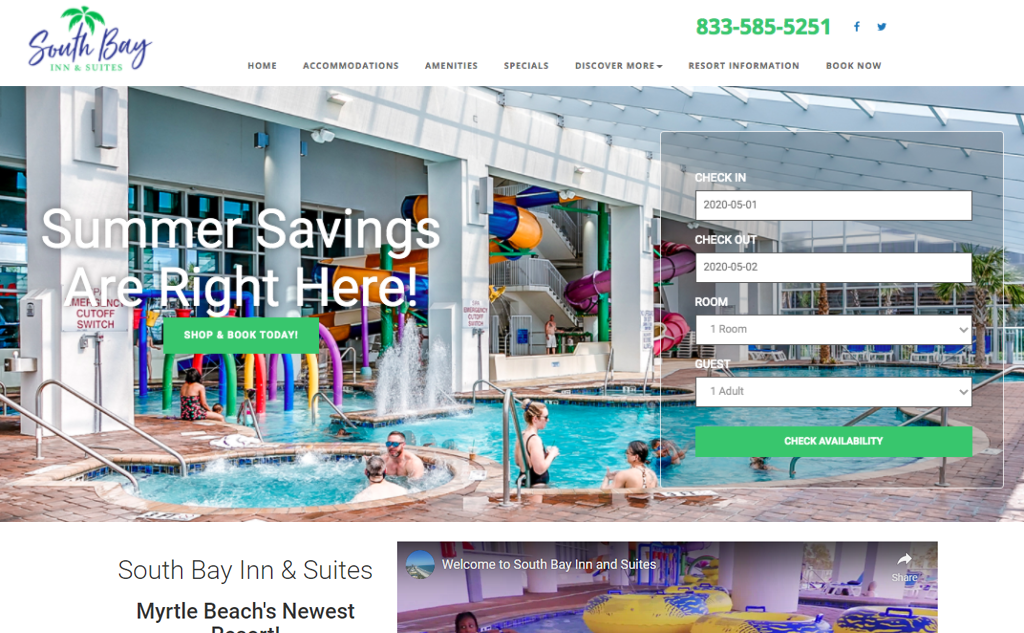
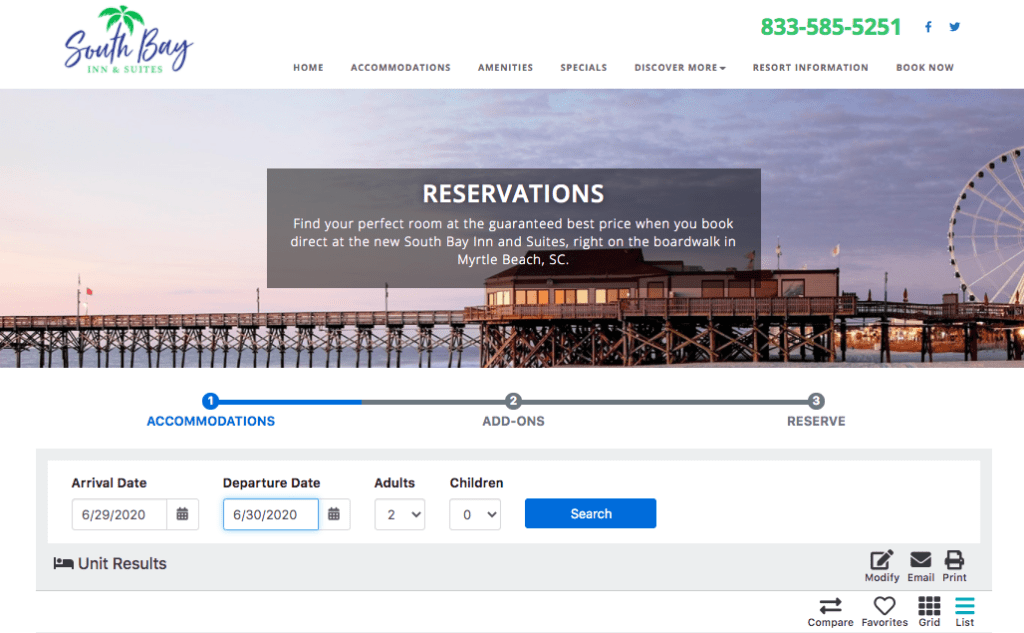
6. Your Booking Engine doesn’t Promote Value-added Services
As the hotelier, it’s your job to be “cognizant of the financial stress many people are feeling” at the moment.
Promoting value-added services in your booking engine makes booking at your hotel more enticing. Anything from flexible check-in/check-out times, free parking, or complimentary drinks or snacks adds a little extra value to your guests’ stay.
Other specials should be presented with “Book Direct” verbiage that clearly affirms that guests are getting the best offer if they book through your website.
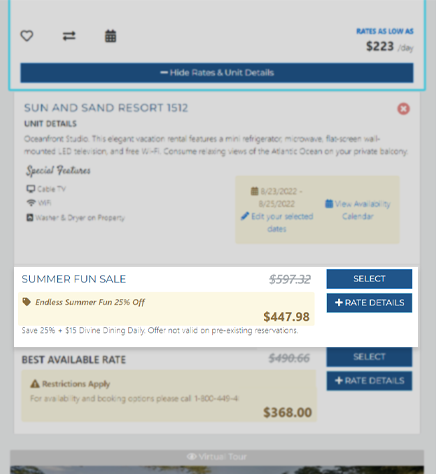
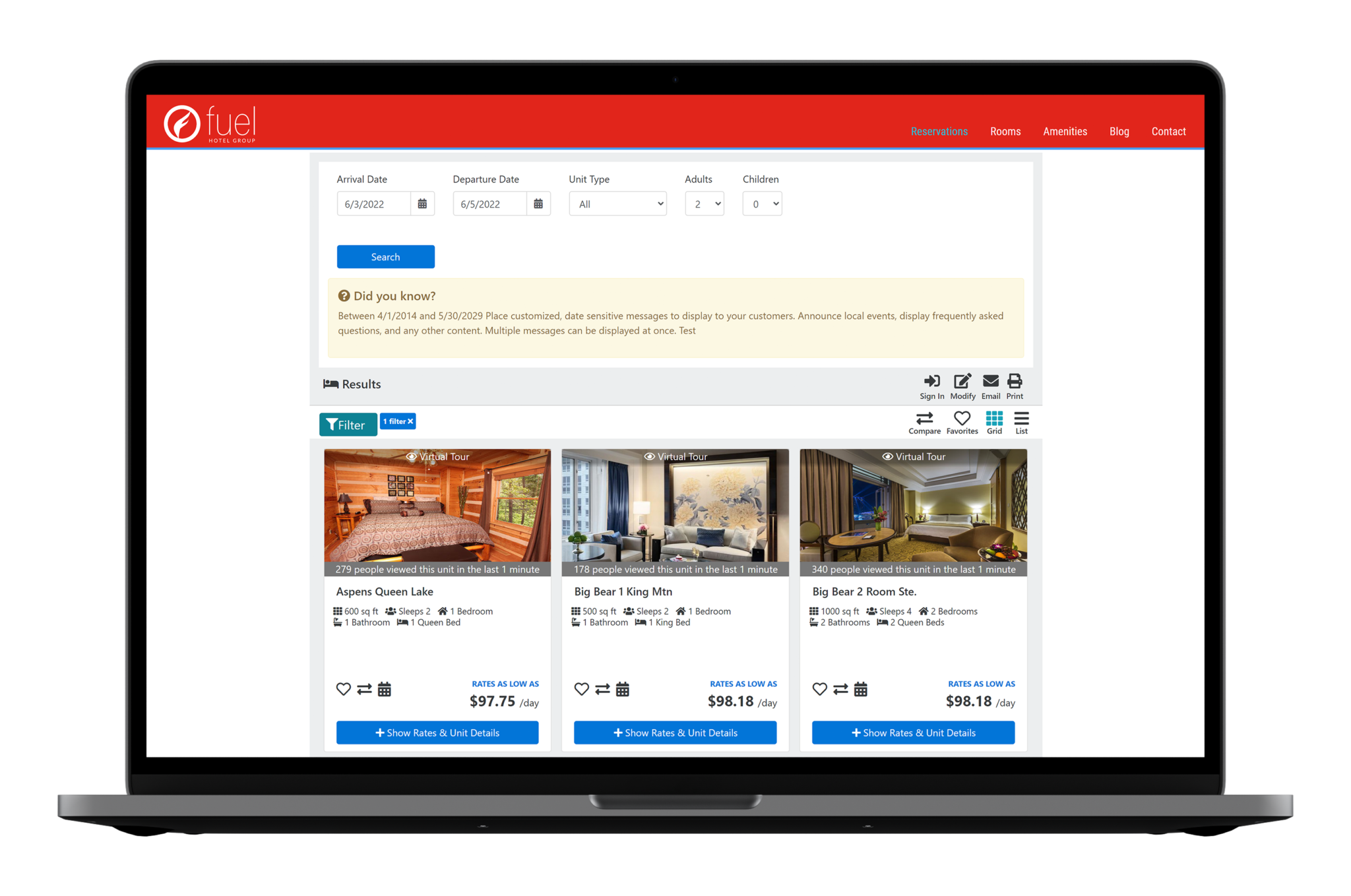
Request a demo
"*" indicates required fields


